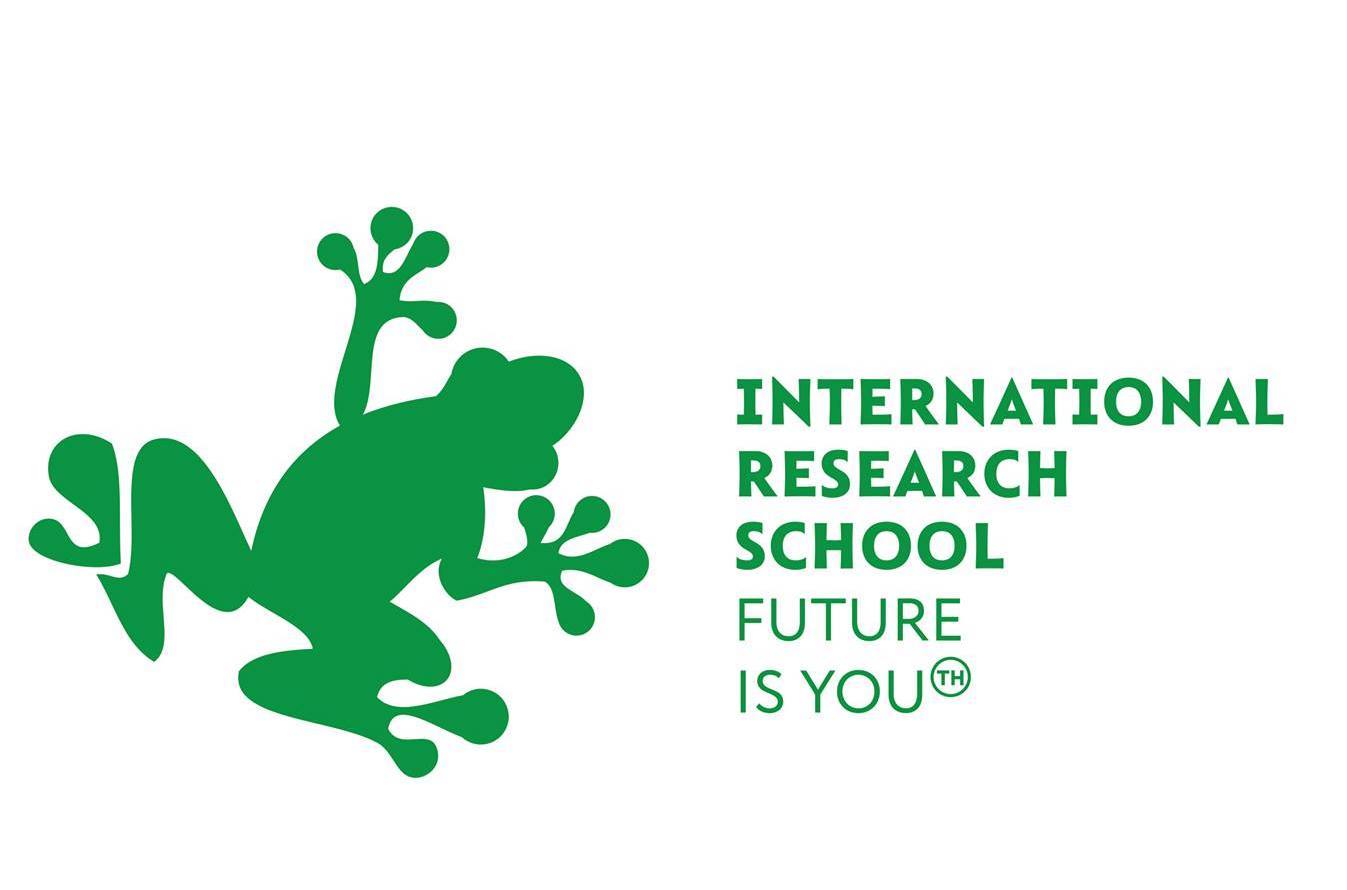15TH INTERNATIONAL RESEARCH SCHOOL
Climate Change around Lake Issyk-Kul:
Sherlock explores adaptation mechanisms for Sustainable Agricultural Development
Sherlock explores adaptation mechanisms for Sustainable Agricultural Development
Climatology, Agriculture, Water resources
How would you feel about becoming the Sherlock Holmes of climate science for a few days? Using methods of data analysis and observation, we will discover the forces controlling the current microclimates of area around Lake Issyk-Kul.
With some knowledge of climate signs, you will be able to scan and analyze the patterns you see into a complex picture. And don't forget the great diversity of climates that is so pronounced in Kyrgyzstan - deserts, mountain valleys and ridges, steppes and coniferous forests, the unique Lake Issyk-Kul itself! (Figures 1) We'll learn what's behind climate change and why 30-degree heat can be seen so close to the high mountain ranges and cool valleys
With some knowledge of climate signs, you will be able to scan and analyze the patterns you see into a complex picture. And don't forget the great diversity of climates that is so pronounced in Kyrgyzstan - deserts, mountain valleys and ridges, steppes and coniferous forests, the unique Lake Issyk-Kul itself! (Figures 1) We'll learn what's behind climate change and why 30-degree heat can be seen so close to the high mountain ranges and cool valleys
Figures 1. Diversity of landscapes in the Issyk-Kul region
To understand how weather is related to global atmospheric circulation and oceanic processes, we will use the methods of long-term meteorological data analysis to identify climatic trends and their significance.

We will also involve modern technology - a drone with specific meteorological sensors will be acquired to collect data from different microclimatic areas in the study area. Later on, during field trips, we will study local agricultural crops and methods used in the vicinity of Lake Issyk-Kul in this industry. To assess the possible impact of climate variability on agricultural productivity/landscape in general, we are going to visit farmlands, villages, and interview employees of local agricultural enterprises.

At the end of our project, a comprehensive map of the region will be created, depicting local climate conditions and agricultural mechanisms used in different areas. You will visualize your adaptation concept for a particular area/plant/farm and develop risk management and climate change mitigation measures for agriculture in the region.
Is man really responsible for the incessant increase in greenhouse gas concentrations in the atmosphere, or is it all fiction, fake and pseudo-scientific propaganda? How does climate change manifest itself across a variety of climatic landscapes and affect Kyrgyzstan's agricultural patterns? What adaptation mechanisms should be applied to prevent the negative impacts caused by climate change in the study area? We will talk about that as part of our express project for IRS-2023.
Is man really responsible for the incessant increase in greenhouse gas concentrations in the atmosphere, or is it all fiction, fake and pseudo-scientific propaganda? How does climate change manifest itself across a variety of climatic landscapes and affect Kyrgyzstan's agricultural patterns? What adaptation mechanisms should be applied to prevent the negative impacts caused by climate change in the study area? We will talk about that as part of our express project for IRS-2023.
Requirements to the students
Interest in climate and nature
Interest in climate and nature
Tutors

Alexandra Narizhnaya
Moscow, Russia
Moscow, Russia
Alexandra is a specialist in climatology and meteorology. She graduated from Lomonosov Moscow State University and is now a Ph.D student and researcher at the Laboratory of Climate Theory at the Institute of Atmospheric Physics, Russian Academy of Sciences. She worked as a forecaster at a Moscow airport, was a meteorologist aboard expeditionary icebreakers, studied methane concentrations in pingos and reservoirs in various areas of the Russian North. She spent the last 5 years studying climate change in the Arctic. During her expedition research she has visited different parts of the globe and never stops discovering new places on the planet: from Arctic region and polar bears to icy Antarctica with penguins and sea leopards. For Alexandra, participating in the IRS is an opportunity to introduce younger students to the world of modern climatology and meteorology and to show how exciting and diverse the work of a scientist can be.

Zoya Kretova
Bishkek, Kyrgyzstan
Bishkek, Kyrgyzstan
Zoya is also a specialist in climatology and meteorology. She lives in Bishkek and graduated from the Kyrgyz-Russian Slavic University as a meteorologist and from the Kazakh-German University in Integrated Water Resources Management. She worked at Kyrgyzhydromet for more than 10 years, starting as a forecaster engineer and in recent years as head of the meteorology and climate department. She is currently working as an expert in projects on climate change analysis and its impact on human livelihoods and economic sectors. She considers herself a lucky person, as her profession and love of nature and travel go well together. Her favorite part of her work is working with young people on educating them about climate change issues and increasing their civic responsibility to take care of the environment. This will be Zoya's first time participating in the IRS, so she is particularly excited to be in her home country to show the wonders of the environment and teach the importance of climate in everyone's life.


